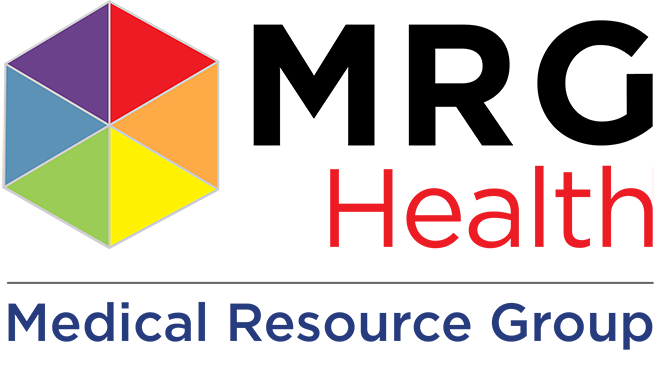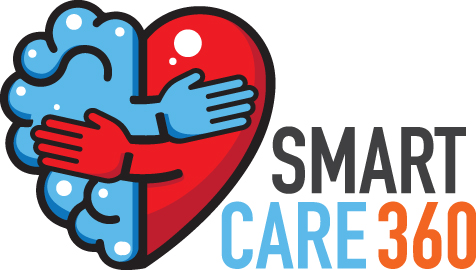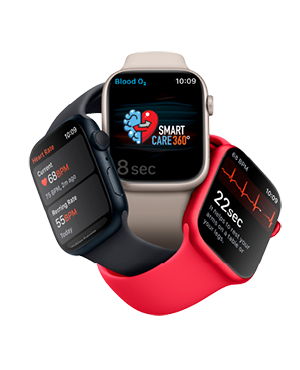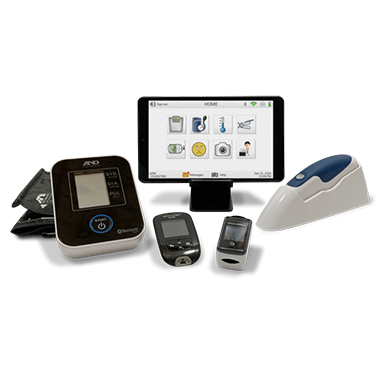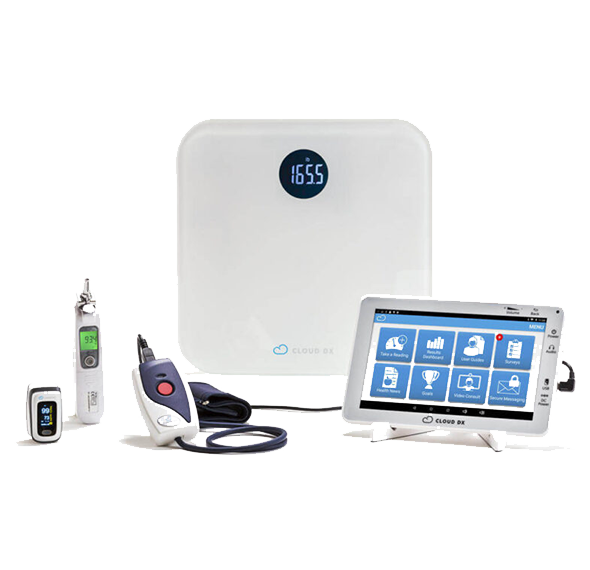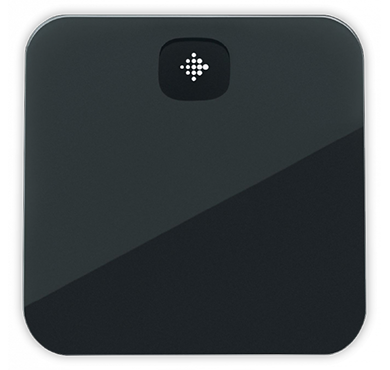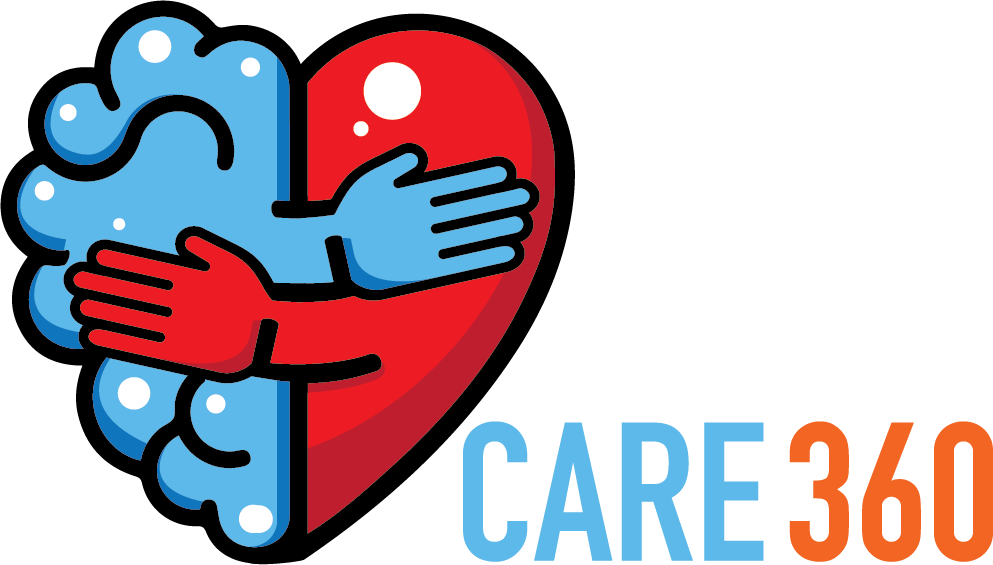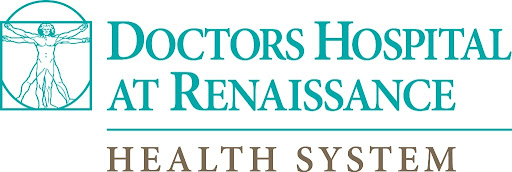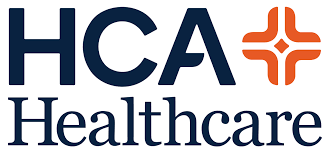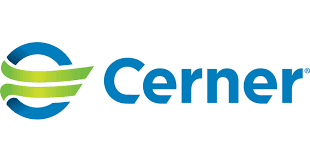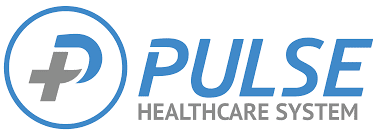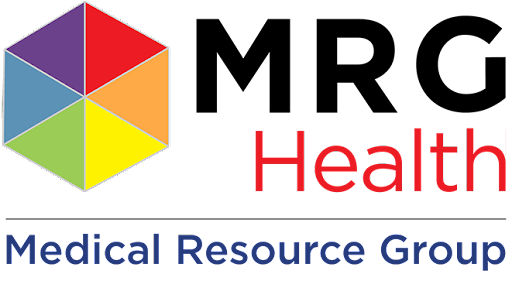Endocrinology
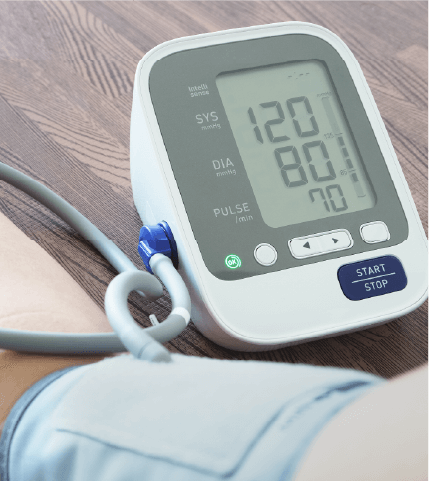
Barriers to Adequate Endocrinology Management
Here are the factors that are potentially standing in the way of getting your patients’ chronic endocrinology-related health issues (e.g. diabetes, hypoglycemia and obesity) under control:
- Accessing healthcare can be a challenge for patients, especially when there are multiple barriers such as shortages in primary care providers, lack of practitioners who don’t work in rural healthcare settings, restrictive hours of operation, transportation barriers, and limited rates of health literacy
- Poor care coordination by provider and healthcare team
- Low patient participation and self-management
- Slow, unreliable, and inconsistent patient data transmission to the appropriate providers
- Inability to provide patients with proper comprehensive medication management due to too many providers duplicating efforts.
Solutions to Improve Care Outcomes
- Population Health Risk Scoring and Risk Stratefication
- Disease Specific Care Pathways
- Referral Coordination
- Seemless TeleHealth Video Conferencing
- Health Coaching
- Nutrition
- Exercises
- Wellbeing
- Social Services
Blogs
5201 Memorial Dr. Ste 529
Houston, TX 77007
Department Hours
- Monday-Friday 8:00 - 20:00
- Saturday 09:00 - 14:00
- Sunday Close
Why Smartcare360°?

Expanded Access to Providers
Geographic and socio-economic restrictions are lifted through RPM and leads to better access for patients who live in remote locations.

Cost Effectiveness
The primary advantage of RPM is its cost-effectiveness. As diabetic care seriously impacts patients’ finances, in the long run, it proves to be more reasonable, financially. With SmartCare 360, you can cut costs and see an increase in revenue within two days of implementation.

Follow-ups
Adherence is a crucial component of diabetes management. Regular, timely checkups are vital for diabetic patients. With RPMs, your patients can monitor their blood-sugar levels, plan diets, and get appropriate consultation right from their homes.

Telehealth and Care Management
Incorporating RPM in diabetic care enable better access to care, improved adherence, and better-managed symptoms. It also facilitates lifestyle modifications to improve overall patient health.
With the all-inclusive wellness program created by MRG Health, practices that adopt RPM and CCM can expect to see a boost in their bottom line by $10,000 per month for every 400 patients.
Benefits of MRG health services
Clinically-proven to significantly get patients’ congestive heart failure under control and improve overall health, in a safe and effective manner.
Get the help of smart technology to effectively manage your patients’ care even when your staff’s off-hours. Our RPM, CCM, PCM, and RTM technology is there for your patients wherever they go, whether they are at home, at work or on vacation. Your patients will get the care they need, reducing the stress and burden on your staff.
Value based virtual care services increase profitability for any practice in two ways: Reducing internal staffing costs and increasing overall revenue.
By providing physicians with real-time data, virtual care services can be used to improve care delivery, avoid potential complications, and cut expenses overall.
In addition, physicians who implement these virtual care services can qualify for special grants from the government or other organizations that help to offset the cost of care and bring in revenue for immediate use.
As a result, healthcare practices and organizations who adopt SmartCare 360
virtual care services can expect to see a boost in their bottom line of $10,000 per every 400 patients.
Clinical Research Illustrates Virtual Care
Significantly Improves Endocrinology Outcomes
Virtual care and Remote Patient Monitoring have been proven to positively impact chronic care management (CCM) due to easier access to care (24 hours a day, 7 days a week), increased patient engagement, readily-available disease-specific education, and location-agnostic communication based on mobile devices they already carry. Providers benefit by providing more care to their patients without extra work, getting more-than-sufficient patient data for better decision-making for treatment plans and most importantly, a reduction in costs. A report from the Center for Medicare & Medicaid Innovation indicated that a CCM program reduced costs by $74 per patient per month over an 18-month period. Patients in this program experienced lower hospital, emergency room, and nursing facility expenses and had a reduced likelihood of hospital admission for chronic conditions which included diabetes, COPD, and congestive heart failure.
